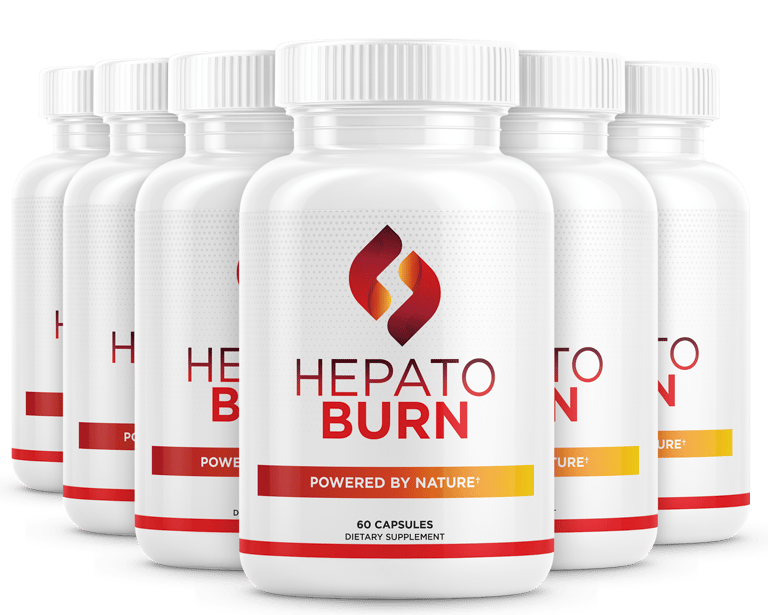



Jumpstart your metabolism and ignite fat-burning power with Hepato Burn
Who Am I Without the Addiction? Rebuilding Identity After Years of Numbing
Recovery isn’t just about staying sober—it’s about rediscovering who you are. This post explores the identity crisis many addicts face in early recovery, why it's so common, and how to rebuild a new, meaningful life after addiction.
TREATMENT & RECOVERY


Introduction: Sobriety Is More Than Not Using
For most people outside addiction, recovery is seen as one simple idea: Stop drinking or using drugs. But for those walking the path, they know the truth—sobriety is just the beginning. The real challenge often lies in what comes after:
“Now that I’m not using… who am I?”
When substances are removed, what’s left can feel like a hollow shell—an identity built around using, surviving, and coping suddenly disappears. This emotional and existential void is one of the greatest threats to long-term recovery.
Addiction and Identity: When the Drug Becomes the Center
Addiction doesn’t just destroy health and relationships—it rewires your identity. Many addicts spend years—sometimes decades—building a life around:
The next high
Covering up consequences
Surviving chaos
Escaping pain
The drug or drink becomes the center of existence. The rituals of using, the people involved, the lies told to maintain it—they form a kind of personality, an alternate self built entirely around addiction.
So when recovery begins, that entire structure collapses. And what replaces it is... silence, uncertainty, and often fear.
The Grieving Process in Recovery
Many recovering addicts don’t realize what they’re going through is grief. Even though the addiction was destructive, it was familiar. It provided a false sense of purpose, a routine, an identity.
Recovery often feels like loss:
Loss of control (or the illusion of it)
Loss of relationships built in addiction
Loss of the personality you wore like armor
Loss of the only way you knew how to cope
Grieving is a healthy and necessary part of recovery. But it must lead somewhere deeper: into discovery.
Why Rediscovering Yourself Feels So Hard
Most people in addiction stop emotionally developing at the age they began using heavily. For some, that’s 14. For others, 25. Emotional growth is stunted when substance use becomes the primary tool for coping.
So when the substances are gone, there’s often:
Little understanding of emotional regulation
Underdeveloped communication skills
A warped self-image shaped by years of shame
This makes identity work in recovery difficult—but not impossible. In fact, it’s one of the most beautiful parts of the process.
Questions That Help Rebuild Identity
Healing begins with curiosity. People in recovery often ask themselves:
What do I actually enjoy doing?
What kind of relationships do I want in my life?
What makes me feel connected, alive, and at peace?
What values do I want to live by?
What kind of legacy do I want to leave?
These aren’t questions you answer in one sitting. They’re questions that build a new life, piece by piece.
Practical Steps to Begin Rebuilding
Here’s how people in recovery can begin reshaping their identity:
1. Try new things.
Recovery is a time to experiment. Attend new meetings. Take a class. Volunteer. Travel. Say yes to experiences that expose you to life outside addiction.
2. Surround yourself with people who live how you want to live.
Identity is contagious. Find mentors, sober friends, and professionals who challenge and support your growth.
3. Reconnect with the things you loved before the addiction.
Did you love music as a teen? Art? Nature? Movement? Reclaim it. Let joy be part of your identity now.
4. Keep a daily journal.
You’ll be amazed at what you discover when you give your mind space to speak freely.
5. Reclaim your values.
Start asking yourself what integrity means to you now. What kind of person do you want to be when no one’s watching?
Families: Helping Without Defining
One of the hardest things for families is learning how to support identity growth without over-controlling it. After watching a loved one lose themselves to addiction, families often want to direct recovery.
But healing can’t be micromanaged.
Instead, families can:
Offer encouragement, not pressure
Validate growth, even if it's small
Avoid saying, “You should do this” or “You were always like that…”
Allow the person in recovery to evolve—even if it’s unfamiliar
Let them figure out who they are now. It’s one of the greatest gifts you can give.
Identity Takes Time—and So Does Trusting It
A common fear in early recovery is, “What if I relapse and lose all this again?” That fear is valid. Recovery isn’t a straight line. But the more someone invests in building a life of meaning, the harder it becomes to throw it away.
When the new identity starts to feel real—when the person believes they are worthy of joy, purpose, and love—addiction starts to lose its power.
Final Thought: You Are Not Who You Were
You are not your worst mistake. You are not the version of yourself who was high, lying, or running from pain. That was a season of your life—not your identity.
Recovery gives you the space to write a new story. Not one shaped by shame, but by growth. Not one rooted in survival, but in purpose.
You don’t have to know exactly who you are today.
You just need to be brave enough to find out.






















